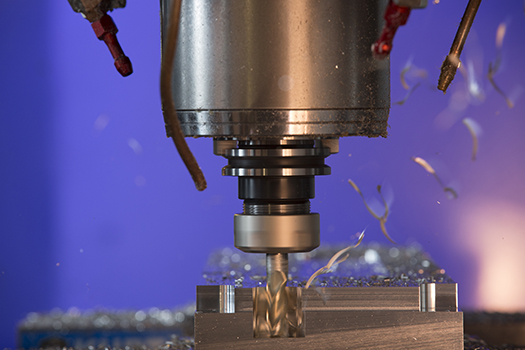
Your shop’s intellectual labor is valuable. Protect it. By saving your best practices in a digital database, you streamline your production process and ensure that your hard work won’t be forgotten or lost. One of the best ways to do this is by employing your CAD/CAM software’s operations library. Mastercam’s Operations Library is a virtual catalog of your previously defined machining strategies: combinations of your toolpaths, tooling, and related parameters. Every strategy within the library is user-editable and applicable to new parts. Follow along to learn why and how to put your operations library to use.
Shop Consistency
Experimenting with different toolpaths and cutting approaches is critical during exploratory programming. It allows the user to see exactly which combination of tooling and toolpaths will remove material most efficiently. Once the final arrangement has been locked in, though, it is best to forego experimentation for consistency.

When your shop has a predefined, successful plan of attack for a certain type of project, it should be saved to your operations library. From there, it can quickly be applied to future production runs of that part and even to the entire family of parts. All the parameters are there; the only tinkering the program should need is to accommodate part-by-part variation. This accommodation usually consists only of selecting the new geometry or model and controlling for it. Using toolpath groups saved to your directory means that you are only using your best tried-and-true solutions.
Programming Speeds
Previously we discussed the consistency and safety that the operations library gives users. It also saves programming time. Rather than writing the entire machining code from scratch every time from the CAD model, the library offers prewritten programs. This is indispensable for those parts that are tricky to machine but have similar counterparts in a shop’s production history. While it may only save a few minutes for simpler parts, any time saved will snowball and increase overall yields.
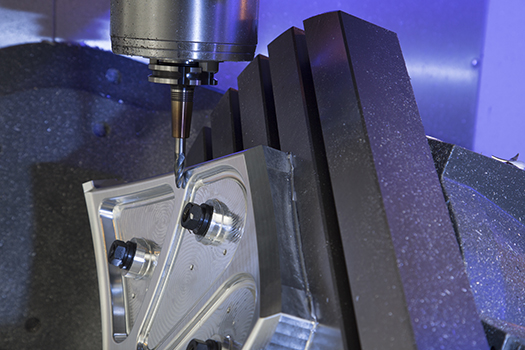
According to one Mastercam user,
“Ops libraries are the best. I import about 99% of my programming. Everything is set up just the way I want it. Even when I use a pocket cycle as a re-machine, I’ve gone in and set those parameters the way I like it so it’s already there when I select re-machine. Pocketing, reaming, tapping, contouring, basic 3D machining…it’s all in there!”
Teaching New Programmers
Finding new skilled workers is one of the biggest problems facing the manufacturing industry at the moment. When you do bring in new help, the last thing you want to be doing is wasting time teaching them software basics when they could be operating machines and programming parts. Your operations library can act as a series of tutorials on how to program the most common parts that come through your shop. Having a suite of your own “best practices” and their applications can help new programmers learn both the software and your specific dialed-in processes.

Retaining Knowledge
A growing segment of our industry is considering retirement. Before they leave, ask your veterans to capture their knowledge as saved operations. They can record their approaches and make notes of what types of projects that particular setup is best for. When they leave, they will be passing along their skill and expertise to be used on future projects.

Bonus Library: Tool Library
Mastercam has partnered with world-renowned tool manufacturers like Sandvik Coromant, Kennametal, and Harvey Tool to provide comprehensive digital collections of machine tooling. This means that users can access manufacturer-compiled information via the Mastercam Tech Exchange and import it directly into their CAD/CAM software. In these libraries, users will find every tool’s use parameters, measurements, and best machining strategies.
Explore Your Libraries Today
If you are interested in how best to use your Mastercam tool and operations libraries, contact us by clicking below. We will guide you through writing, saving, and applying toolpaths with your library.


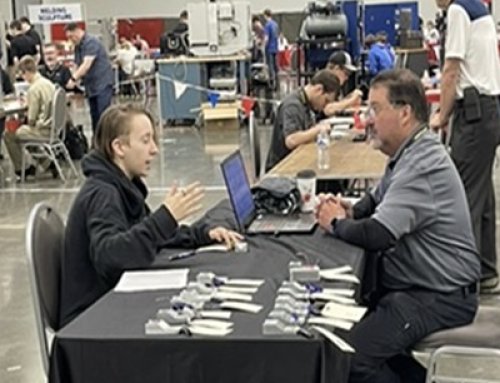
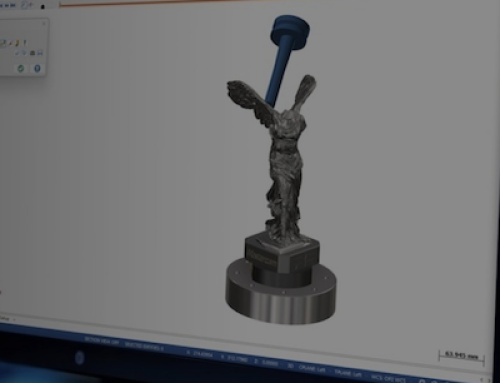

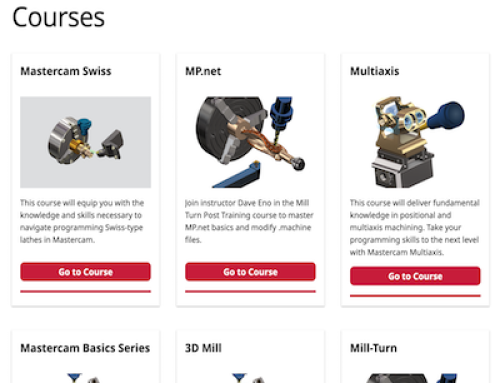
Leave A Comment